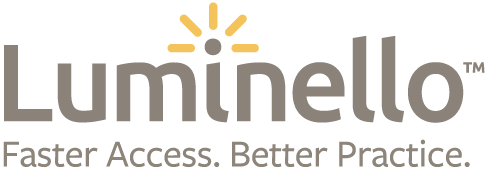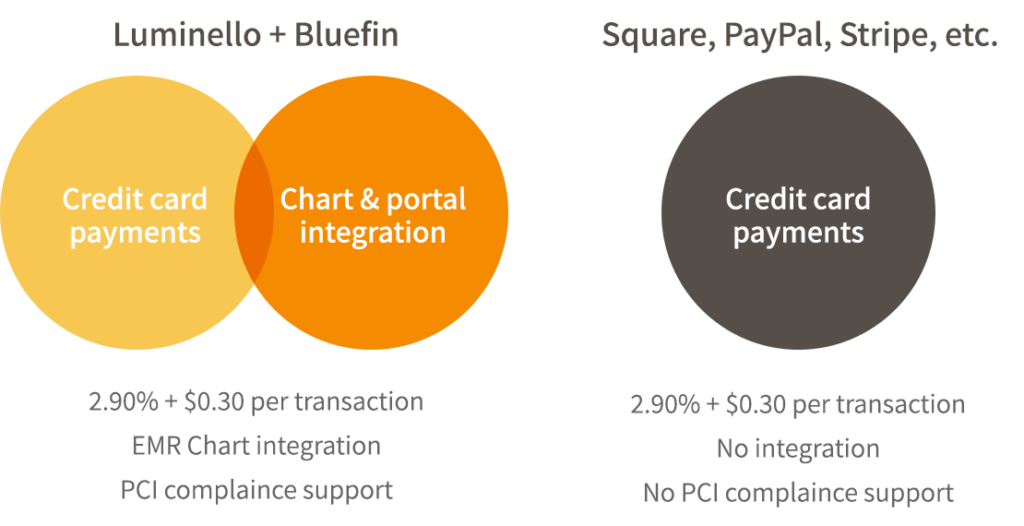Dr. Dunne, please tell us about your training and experience in helping psychiatrists work as independent practitioners.
Dr. Dunne: I have been involved in the psychiatry private practice committee of the American Academy of Child and Adolescent Psychiatry (AACAP) since about 1980. Over the years, I have run workshops on starting a group practice, starting a private practice, marketing a practice, closing a practice, and managing a practice. Right now I focus on starting a private practice because people are very interested in this—either because they are considering it, they are in the process of doing it, or they have recently started and realized that there are more challenges in starting a private practice than they thought. I have also been in private practice myself for more than 35 years.
What are the general practice settings available for psychiatrists today?
Dr. Dunne: There is a range from institutional settings at hospitals and academic institutions down to solo practice. In a solo psychiatry practice you can be completely on your own or part of a co-tenancy model where everybody has a solo practice but they combine to share expenses for things like rent, supplies, and utilities. There are group practices owned by one or more individuals and staffed with professionals, including psychiatrists, who are hired to provide specific services within that practice model.
What is the great appeal of having your own practice—whether you’re a recently trained doctor, or someone who has worked in a hospital or institutional setting for years who is now ready for private practice?
Dr. Dunne: For one thing, there’s the idea—probably true—that you can make more money in private practice. Perhaps more importantly, there’s a sense of autonomy and freedom that comes with running your own practice. You make your own hours, you decide when you go on vacation, and so on.
If a physician or prescribing nurse practitioner decides to go the private practice route, what are some of the greatest challenges in opening private practices today and how do these differ from the past?
Dr. Dunne: Practices have become more complex, particularly if you are interested in participating in insurance panels. When I started, you handed your patient a bill, they paid the fee, and that was it. As running a practice has become more complicated, we have turned to more specialized services such as billing services, and hired administrative assistants to take care of things like collecting copays and setting up appointments. Because of this increased complexity, younger docs are looking to associate with established practices either as co-tenants or even as part of a group practice.
What are some of the challenges of working with insurance panels?
Dr. Dunne: When you apply to a panel, it can seem like the insurance company holds all the cards. They make you get credentialed; complete questionnaires; verify your licenses, insurance, and hospital privileges; and then they send you a long contract with a lot of fine print in which they dictate what they are going to pay you. While it is true that they hold the majority of the power, insurance companies need psychiatrists on their panels and, in fact, there is some room to negotiate fees and referral circumstances, for example.
Are there any other ways to work with insurance companies?
Dr. Dunne: The easiest way is by not participating on a panel at all, but negotiating fees on a case-by-case basis. If you are in an area where you are a relatively scarce resource, you can at least sometimes get full fee for your services for some patients.
What are some of the hidden fees or unexpected costs to practicing independently?
Dr. Dunne: There are a variety of costs to running a private practice. These include the business license, excise taxes, accountant, and lawyer if you use them. If you use a billing service, they usually charge about six percent of your intake. Plus there is the cost of a credit card machine (usually about one percent), electronic health record (if you use one) and rent, utilities, and supplies.
What are some of the best ways for psychiatrists to market their private practices?
Dr. Dunne: Your best marketing tool is yourself. Find your local primary care practices and introduce yourself by phone or in person. All people really want to do is meet you and see that you are a reasonable and reliable person and they will start referring to you. The second tool that is extremely helpful is providing feedback to the primary doctor. When I get a referral, regardless of where it comes from, at the end of the assessment and once the treatment plan has been set, I write a letter to the referring source with a copy to the primary care physician. Even if the primary care physicians have never heard of me or used me before, they have that assessment, which I usually keep to just a single page, and then they start sending me patients also. This has been a very effective tool for me. I also think that having a website is almost a necessity in this day and age and is quite useful in terms of describing what services you have. It also provides a spot where patients can find intake forms, release of information forms, etc. You can either do this on your own or hire a web designer to help you.
What are your tips in regard to the recent shift to electronic medical records and the need to document certain pieces of information there?
Dr. Dunne: I am a member of the AACAP’s Health Information Technology Task Force and we are really looking primarily into developing guidelines for selecting electronic health record systems. I believe that moving to an EHR is necessary in today’s climate. There is an economic benefit to switching from paper to electronic records. Sure, there are start-up costs and a time investment to get started, but an EHR that is integrated with a billing system allows you to eliminate your billing service and save around 6% on collections every month. This also eliminates the hassle of storing years and years of paper records. I am not a big fan of actually purchasing your own system unless you are in a reasonably large system of eight or more providers to pay for the upfront costs. However, there some more affordable programs for solo or small group practices.
What are some other sources of income for psychiatrists?
Dr. Dunne: If you don’t want to do drug trials or speak for pharmaceutical companies, you can make a fair amount of money with forensic evaluations. I have become an expert in child custody disputes and have done a lot of those evaluations. You may need special training for this, but many people, including me, have learned by doing. You can do disability and worker’s comp evaluations. You can also look for opportunities to provide weekend psychiatric coverage to inpatient units.
What are your thoughts on telepsychiatry for the solo practitioner?
Dr. Dunne: I am right in the midst of developing a contract with a clinic up in Fairbanks, Alaska, where I would do telepsychiatry. I think telepsychiatry works well. I interview kids in areas that are underserved by psychiatrists, then I create a report with recommendations for the primary care doc to treat each child.
How do you see the private practice landscape changing with health care reform?
Dr. Dunne: There has been a long-term trend toward more institutional settings and less private practice. But by far, the bulk of psychiatrists are still in private practice—about 75%. I think what is happening with the Affordable Care Act and with the Accountable Care Organization format is that increasingly there is going to be a push to congregate into organized systems of care. I think there will be fewer people in private practice and more in what you might call “private clinics” where people work in some kind of an organization, even though it may be a private practice model.
What impact might that have on reimbursement?
Dr. Dunne: I think the most efficient unit in terms of keeping overhead low is the solo practitioner. In an institutional setting about 40% of income goes to overhead, whereas in a typical solo office it might be more like 25%. As a practice model, there are a lot of efficiencies in a “private clinic” setting and opportunities to offer specialized services and groups for example, but as a financial model, it is not all that great. A bright spot here is that with the revised CPT codes psychiatrists’ reimbursements may be better, and this should boost income.
While an institutional setting would have more overhead and thus less profit than a solo practice, are there payment options that exist for that style of practice that don’t for a single practitioner?
Dr. Dunne: One of things you can do with an organized practice like that is to develop contracts with various institutions to provide services—a flat fee. For example, you pay us a certain amount per month and we will be available to cover your emergency department for walk-in psychiatric problems that can’t be handled by your emergency department social worker.
Can you recommend some good resources for someone setting up their own practice?
Dr. Dunne: Both the APA and the AACAP have on their websites a variety of sample forms that people can use. I have found the book, “The Paper Office” useful as well (Zuckerman EL. The Paper Office, Fourth Ed. New York, NY: The Guilford Press; 2008). I took a night school course on small business management, which was just great. The Small Business Administration is also very helpful. They have a variety of resources, plus they have volunteer consultants to help answer questions for people. I have a business attorney who specializes in medical practices who helps me with legal issues as they emerge. And, of course, having an accountant is an invaluable resource to understanding cash flow, overhead issues, and so forth.
Thank you, Dr. Dunne.
Source: We thank The Carlat Psychiatry Report for allowing us to re-post this article. Luminello subscribers get a discount on The Carlat Report newsletters, books, CME credit opportunities, and ABPN Maintenance of Certification courses. Learn more


